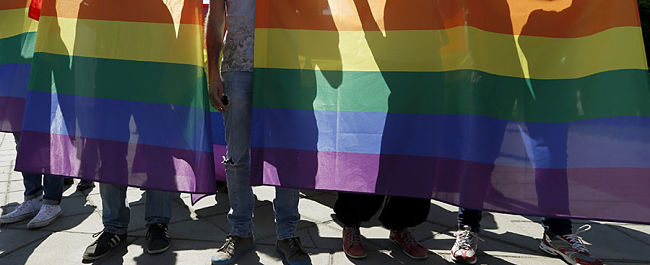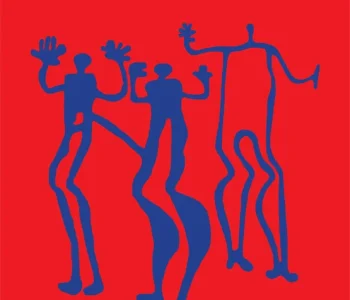 Publications
Publications
Event(ual) Queer Crafting of Dublin Regulated Sogie Refugees
Our researcher Árdís Ingvars has published a new article in the Italian Sociological Review.
The Dublin regulation requires refugee applicants to submit an asylum request in first European country they enter. Yet SOGIESC refugees often fear disclosing their intimate lives or sexual details in early immigration encounters. In times of nationalistic upheavals and contested refugee laws, queer applications can further be met with distrust. Thus, in fear of repatriation, some move onward to countries where LGBTQI+ rights are nationally celebrated, only to be sent back to the first country.
Árdís’ paper builds on in-depth interviews and walk-along discussions with nine Dublin-regulated SOGIE refugees, as well as documented conversations with eighteen local stakeholders, conducted in Italy and Greece between 2021 and 2023 as part of the ICE-QUEEN project.
Results: By tracing the affective residue of events in interlocutors’ accounts, this article illuminates how SOGIE experiences were repeatedly invaded by violent bordering, affectively recalled through the memory of sounds. This caused them to submerge their life rhythm as irregular subjects, fitting neither here nor there. When denied protection due to the Dublin agreement, they became homeless, dependent on precarious jobs and transactional sex work. When deported, their accounts echo emotional abandonment and lack of recourses to claim queer time, as they discover their cases expulsed from the system.
When re-application was possible, they were put under the stigma of feigning their queer identities and criminalized in prolonged uncertainty. In response, they crafted themselves as event(ual) queer beings or as subjects between temporal events, through naming practices and asserting autonomy over sex time, while also visioning transactions based on emotional dignity and altruism.
